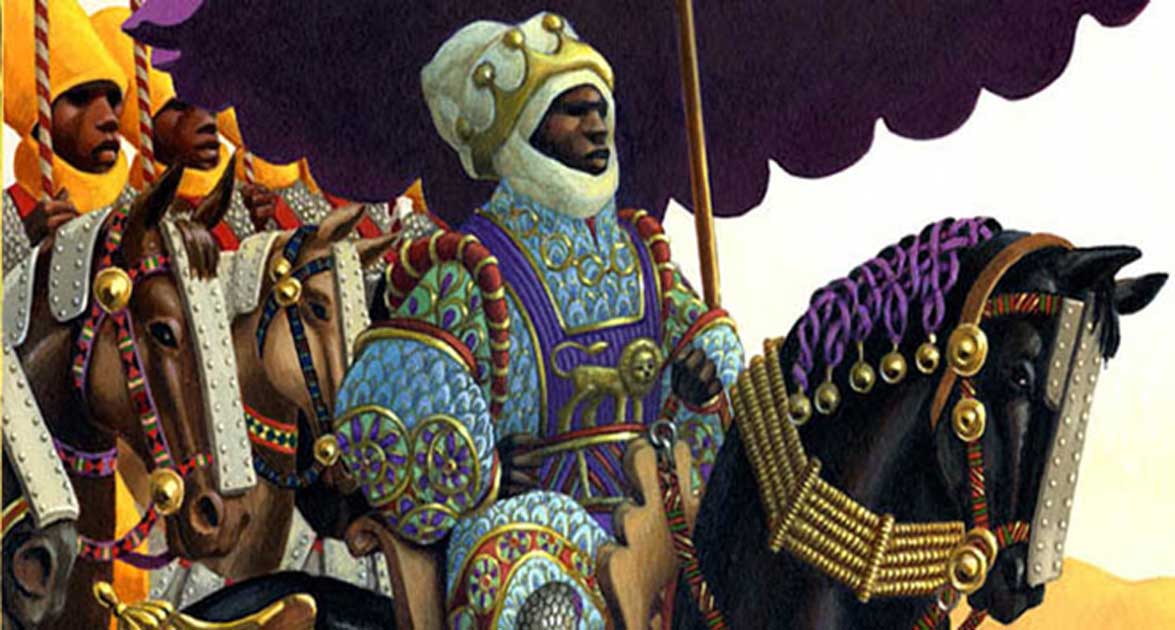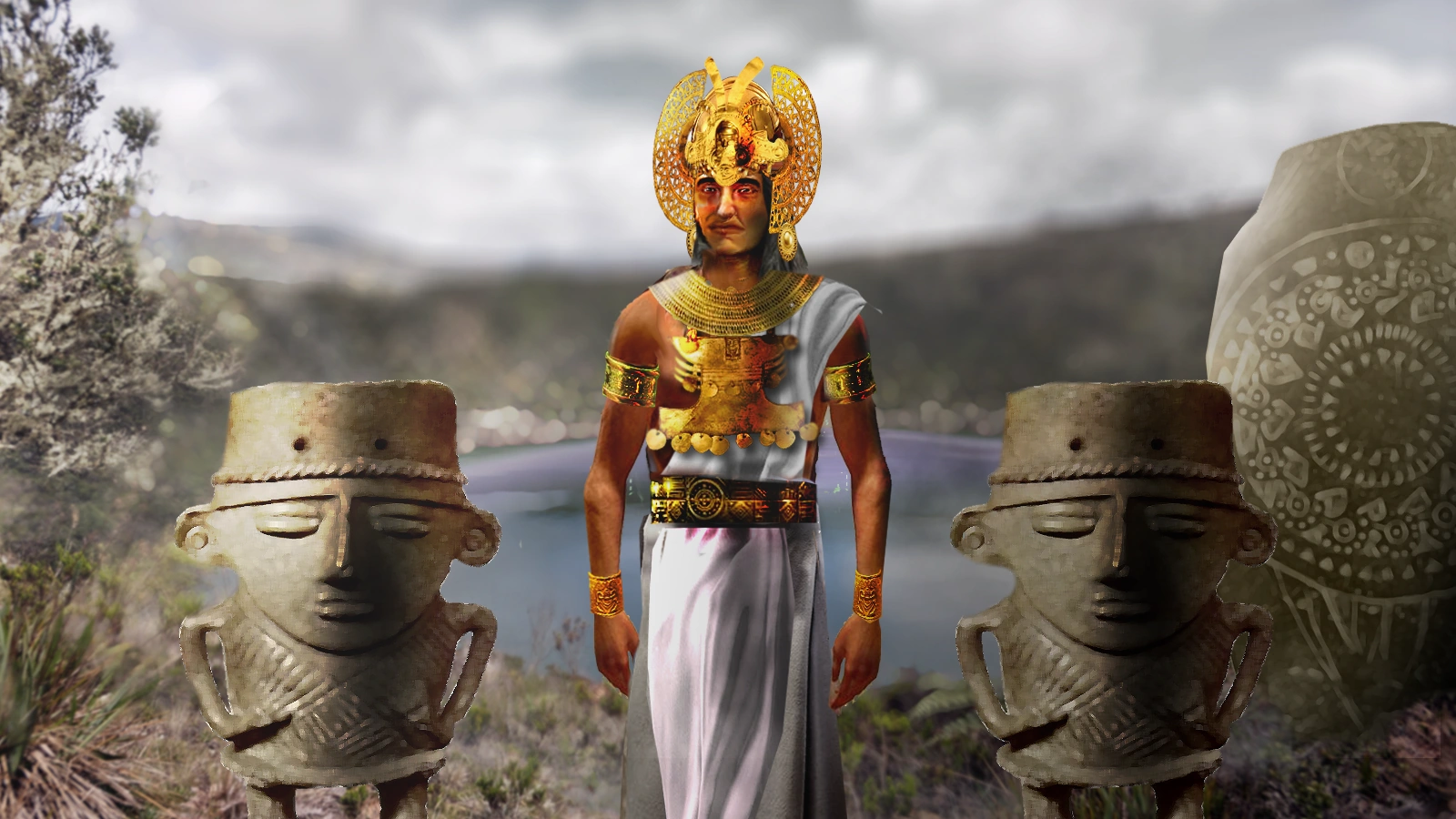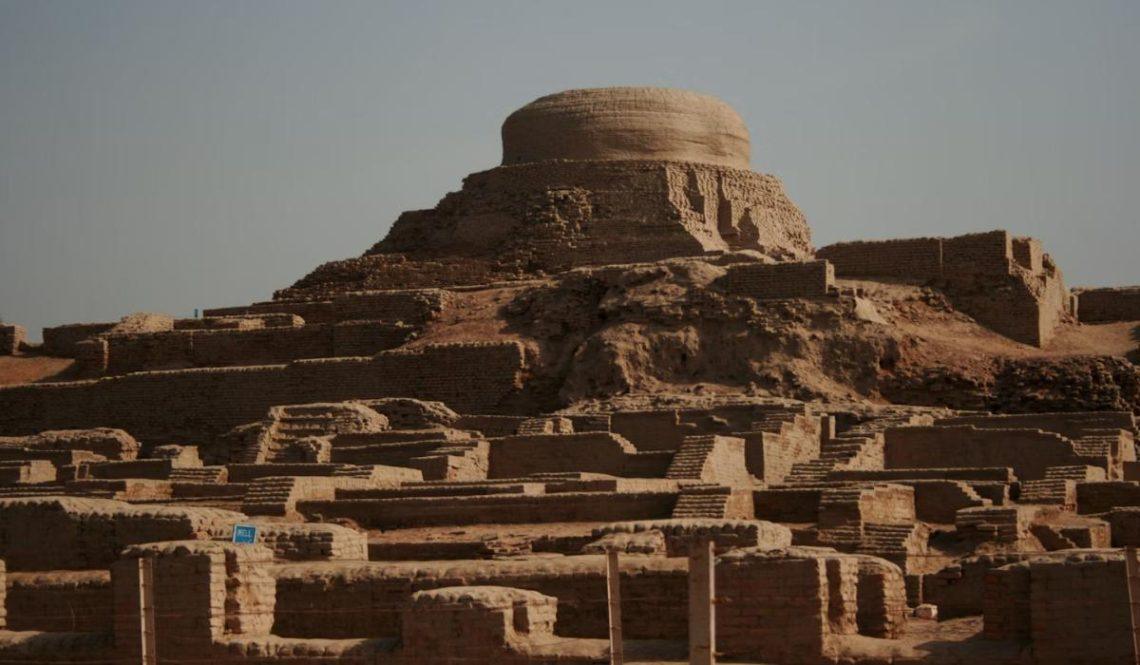Long before the rise of medieval Europe, the Kingdom of Aksum flourished in what is now Ethiopia and Eritrea. From the 1st to the 7th century CE, Aksum was a major trading empire that connected Africa, Arabia, and the Mediterranean world. Its ports along the Red Sea gave it access to trade routes stretching from Rome to India, making it one of the most economically powerful African civilizations of its time.
Aksum wasn’t just a trade hub—it was also an early adopter of major innovations. It was one of the first African states to mint its own coinage, and its monumental stone obelisks still stand as a testament to its architectural sophistication. Even more remarkable, Aksum became one of the earliest kingdoms to adopt Christianity as a state religion in the 4th century, years before many European nations did. This religious identity continues to shape Ethiopian culture today.
Despite its significance, Aksum is often overlooked in global historical narratives. Yet, its legacy continues through the Ethiopian Orthodox Church, architectural remnants, and national pride. As historians uncover more about this civilization, Aksum reminds us that Africa was home to empires that were rich, innovative, and deeply influential—long before colonial contact.





